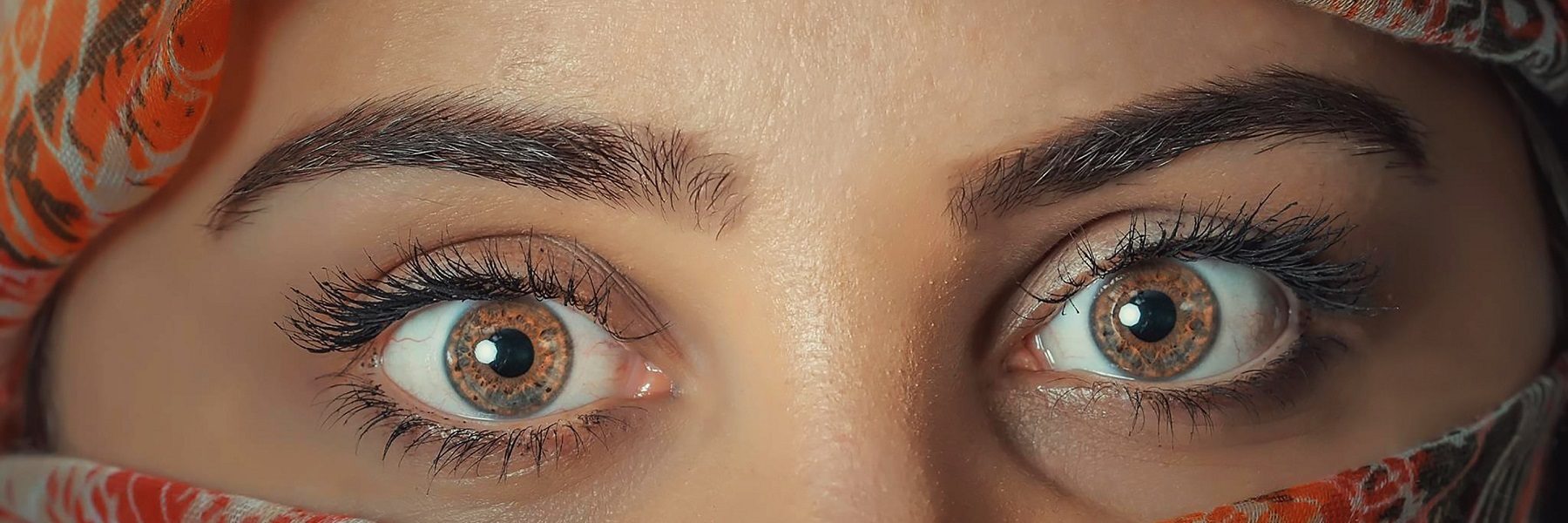Blepharoplasty Aftercare
Blepharoplasty is a surgical procedure aimed to improve the appearance of the eyelids. If you are considering blepharoplasty, it is important to know what is expected with aftercare. During your consultation at Kevin Perman, MD in Washington, Dr. Perman will provide comprehensive aftercare instructions.
Here are some of the instructions and guidelines that should be followed after blepharoplasty:
Post-Operative Side Effects
Immediately following surgery, you may experience excessive tearing, sensitivity to light, double vision and bloody tears or oozing from a wound. These are normal side effects and should subside within a few days. The eyelids may also be puffy and feel numb or sensitive.
Swelling and bruising are normal and you might look like you have black eyes. This swelling and bruising usually increases for two days after surgery before improving. Applying cold compresses or ice packs to the eyes can help reduce swelling. If the bruising or swelling persists or rapidly gets worse and the eyes swell shut, it could indicate a problem, so you should contact our team promptly.
Medication for Pain
Some patients experience mild pain after surgery. Over-the-counter pain relievers such as Tylenol can be used for mild to moderate pain. If we prescribe you a pain medication, you can take it as directed. It is important to avoid aspirin and ibuprofen drugs which can increase bleeding.
Rest and Lubricate Your Eyes
Although not unsafe, during the initial recovery, you may consider avoiding activities that can potentially dry your eyes, including watching television, reading and using a computer. Avoid wearing your contacts for about two weeks or until directed otherwise.
You will receive ointment and eye drops to keep your eyes lubricated; use these medications according to the instructions given to you. If your eyes seem exceptionally dry, let Dr. Perman know.
Keep Your Head Elevated
You must keep your head elevated as much as possible for the first few days of recovery, including as you sleep. Use big pillows to prop yourself up, or sleep in a recliner. Dr. Perman will advise you as to when you can begin laying down again, although this is most important for the first two to three days.
Limited Physical Activity
During the initial recovery, strenuous or vigorous activity must be avoided. Dr. Perman will let you know when you can resume work, exercise and other normal activities. Most patients take a week or so off work. At the end of a week, most of the swelling and bruising has resolved and makeup can conceal the rest.
If you have questions about blepharoplasty aftercare or are interested in the procedure, please contact Kevin Perman, MD.

